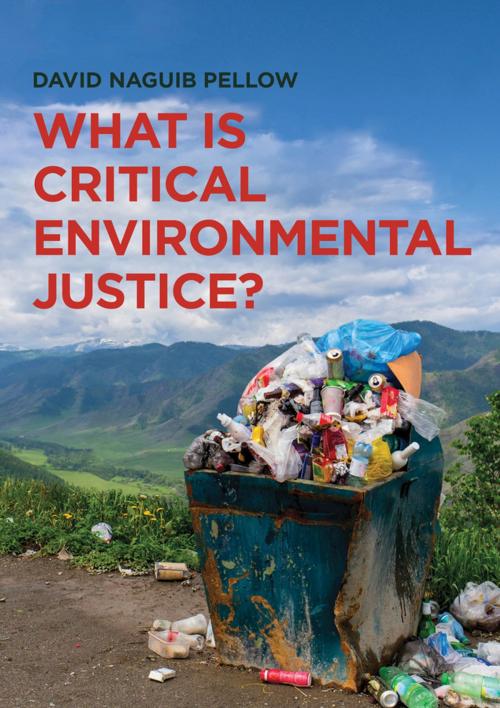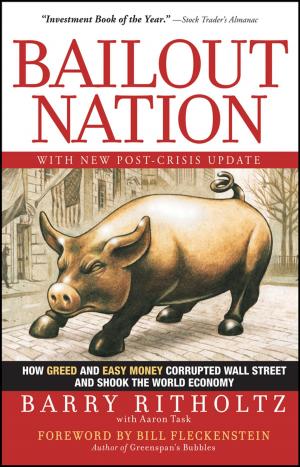What is Critical Environmental Justice?
Nonfiction, Social & Cultural Studies, Political Science, Government, Public Policy| Author: | David Naguib Pellow | ISBN: | 9781509525324 |
| Publisher: | Wiley | Publication: | November 27, 2017 |
| Imprint: | Polity | Language: | English |
| Author: | David Naguib Pellow |
| ISBN: | 9781509525324 |
| Publisher: | Wiley |
| Publication: | November 27, 2017 |
| Imprint: | Polity |
| Language: | English |
Human societies have always been deeply interconnected with our ecosystems, but today those relationships are witnessing greater frictions, tensions, and harms than ever before. These harms mirror those experienced by marginalized groups across the planet.
In this novel book, David Naguib Pellow introduces a new framework for critically analyzing Environmental Justice scholarship and activism. In doing so he extends the field's focus to topics not usually associated with environmental justice, including the Israel/Palestine conflict and the Black Lives Matter movement in the United States. In doing so he reveals that ecological violence is first and foremost a form of social violence, driven by and legitimated by social structures and discourses. Those already familiar with the discipline will find themselves invited to think about the subject in a new way.
This book will be a vital resource for students, scholars, and policy makers interested in transformative approaches to one of the greatest challenges facing humanity and the planet.
Human societies have always been deeply interconnected with our ecosystems, but today those relationships are witnessing greater frictions, tensions, and harms than ever before. These harms mirror those experienced by marginalized groups across the planet.
In this novel book, David Naguib Pellow introduces a new framework for critically analyzing Environmental Justice scholarship and activism. In doing so he extends the field's focus to topics not usually associated with environmental justice, including the Israel/Palestine conflict and the Black Lives Matter movement in the United States. In doing so he reveals that ecological violence is first and foremost a form of social violence, driven by and legitimated by social structures and discourses. Those already familiar with the discipline will find themselves invited to think about the subject in a new way.
This book will be a vital resource for students, scholars, and policy makers interested in transformative approaches to one of the greatest challenges facing humanity and the planet.















